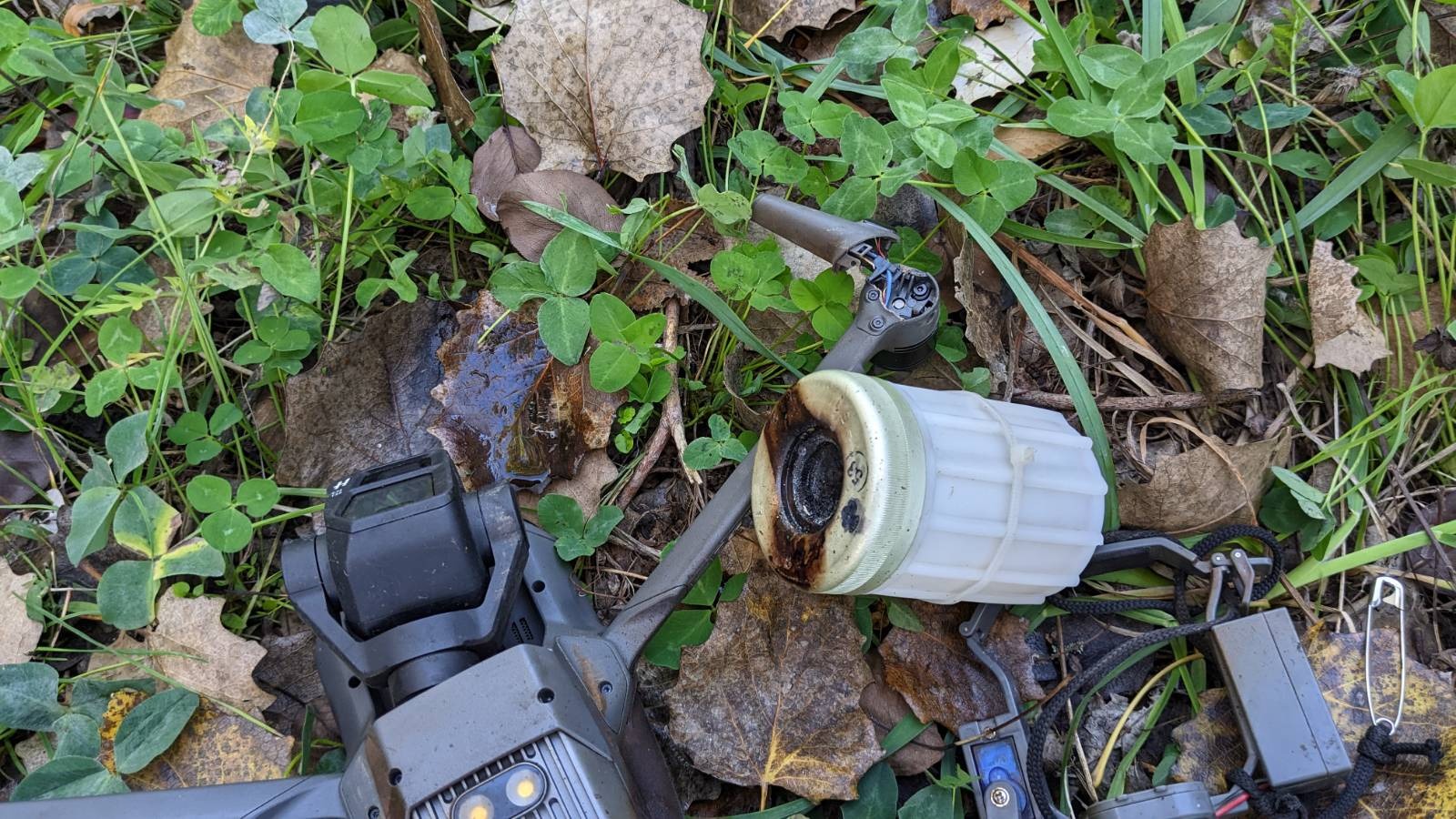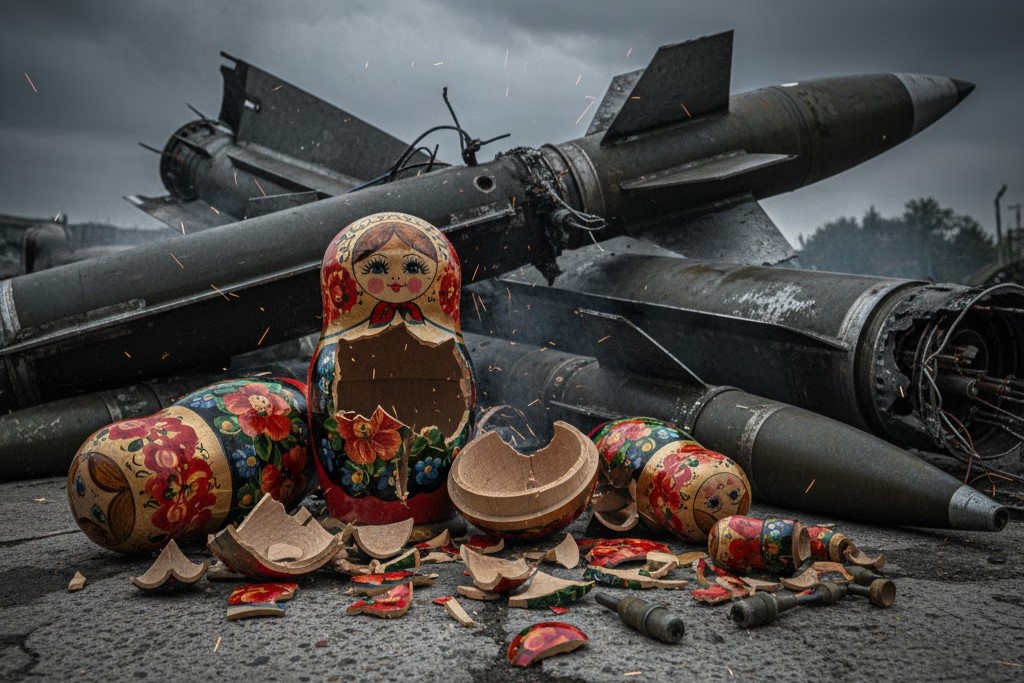The Security Service of Ukraine (SSU) continues to document the widespread use of banned chemical weapons by Russian forces against the Defense Forces of Ukraine.
This includes, among other things, aerosol grenades K-51, RGR, and RG-Vo, loaded with irritating toxic substances — CS (chlorobenzylidene malononitrile) and CN (chloroacetophenone).
There have also been multiple cases of Russians using ampoules containing the poisonous substance chloropicrin.
The use of such means of warfare is prohibited by the Convention on the Prohibition of the Development, Production, Stockpiling and Use of Chemical Weapons and on Their Destruction dated January 13, 1993.
According to investigative materials, the largest quantity of chemical munitions used by the Russians are dropped from FPV drones onto the defensive positions of Ukrainian defenders.
Upon impact, the poisonous compounds of the chemical charge affect the mucous membranes of soldiers, primarily their eyes and respiratory organs.
In this way, the Russian forces tries to force the Defense Forces soldiers out of trenches and dugouts into the line of fire from the Russians.
The highest number of documented uses of such weapons by the aggressor has been recorded on the eastern front, as well as during Russian strikes on the Nikopol district of Dnipropetrovsk region.
To document and bring Russians to justice for these crimes, the SSU not only investigates its own criminal cases but also involves specialized international organizations in documenting these facts. In particular, for conducting necessary laboratory tests and informing the international community, the SSU handed over part of the physical evidence to the Organisation for the Prohibition of Chemical Weapons (OPCW) in The Hague via the Ministry of Foreign Affairs of Ukraine.
As a result of these studies, this international organization has published three reports confirming the systematic use by the Russian Federation of chemical agents as means of warfare against Ukraine.
Consequently, the EU Council has imposed sanctions on Russian units within the armed forces of the Russian Federation involved in the development and use of chemical weapons in Ukraine. Specifically, the EU sanctions target the country’s radiological, chemical, and biological defense troops, as well as the 27th Scientific Center and the 33rd Central Scientific Research and Testing Institute of the Russian Ministry of Defense, which are engaged in developing banned chemical agents.
Within the framework of a multi-episode criminal proceeding initiated by SSU investigators under Article 438 of the Criminal Code of Ukraine (war crimes), investigations continue to bring the military-political leadership of the aggressor state and all involved to justice.
Among others, in December 2024, the SSU announced a notice of suspicion in absentia for Russian General Igor Kirillov — head of the Radiological, Chemical, and Biological Defense Troops of the Russian Armed Forces.
According to counterintelligence and SSU investigations, this official is responsible for the mass use of chemical munitions against Ukrainian troops.



















